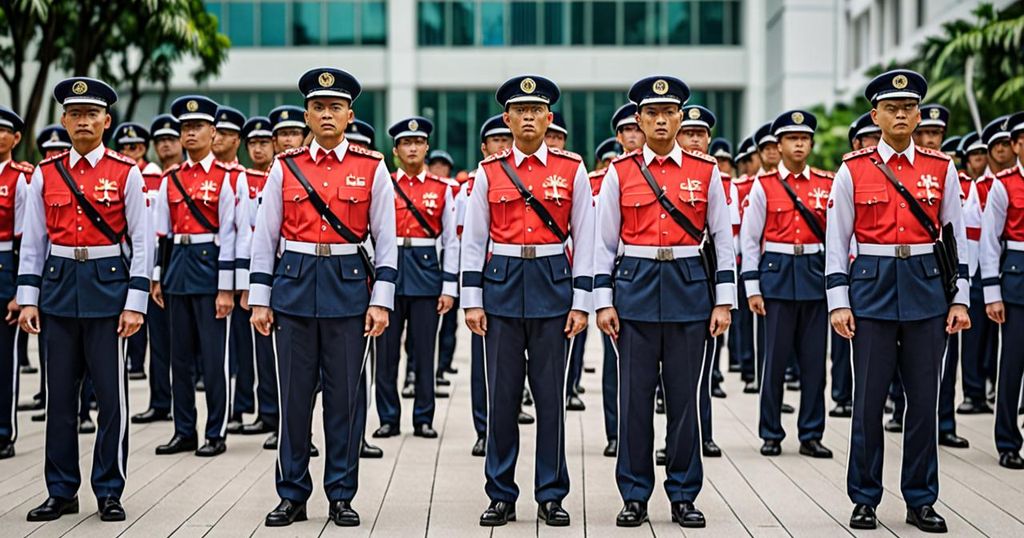Singapore has recently undergone a momentous event with the inauguration of a new prime minister, marking a rare transition in the city-state’s nearly sixty-year history of independence. In a significant departure from tradition, the new leader does not hail from the prominent Lee family, who have long held influential positions in Singaporean politics.
This historic moment signifies a significant shift in the country’s political landscape, prompting questions about Singapore’s future direction. The outgoing prime minister, Lee Hsien Loong, has held the position for an extended period, highlighting the stability and continuity that has characterized Singaporean politics.
The appointment of a non-Lee family member as the new prime minister is a significant development, considering the family’s immense impact on Singaporean politics. It also demonstrates the country’s political maturity and willingness to embrace change.
To comprehend the significance of this transition, it is essential to recognize that during Lee Hsien Loong’s tenure, Australia has seen eight different prime ministers, highlighting the stability and constancy of Singapore’s leadership.
The emergence of the new prime minister, Mr. Lee Hsien, represents a departure from the country’s political legacy while ushering in a new era of leadership. His vision and strategies for addressing the challenges facing Singapore will undoubtedly shape the country’s future trajectory.
As Singapore embarks on this new chapter, it faces a myriad of complex challenges, both domestically and on the global stage. The COVID-19 pandemic has posed significant economic and social challenges, requiring astute leadership and innovative solutions to navigate the road to recovery.
Additionally, the evolving geopolitical dynamics in the Asia-Pacific region and beyond require agile and strategic leadership to safeguard Singapore’s interests and enhance its standing on the world stage. The new prime minister will undoubtedly be tasked with addressing these multifaceted issues while striving to uphold Singapore’s reputation as a global economic powerhouse and a beacon of stability in Southeast Asia.
In light of these developments, it is crucial for stakeholders within and outside Singapore to closely monitor the country’s political landscape and the policies of the new administration. The decisions and actions of the new prime minister will undoubtedly have far-reaching implications, not only for Singapore but also for its regional and international partners.
As Singapore undergoes this rare changing of the guard, it is imperative to reflect on the country’s remarkable journey and the pivotal role it has played on the global stage. The emergence of a new leader and the challenges that lie ahead underscore the need for continued collaboration, dialogue, and innovation to ensure Singapore’s continued success and prosperity.
In conclusion, the appointment of a new prime minister in Singapore marks a momentous occasion in the country’s history. It reflects the evolving dynamics of Singaporean politics and the challenges that lie ahead. As the world watches this “miracle” at a crossroads, it is crucial to support the new leadership and remain engaged in shaping the future of this vibrant and dynamic nation.

Leave a Reply